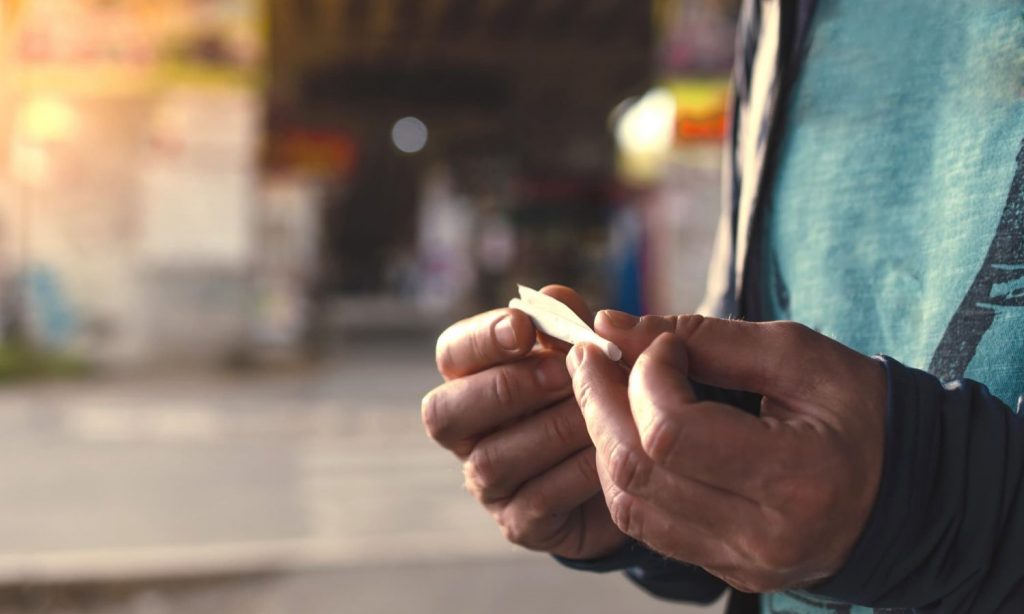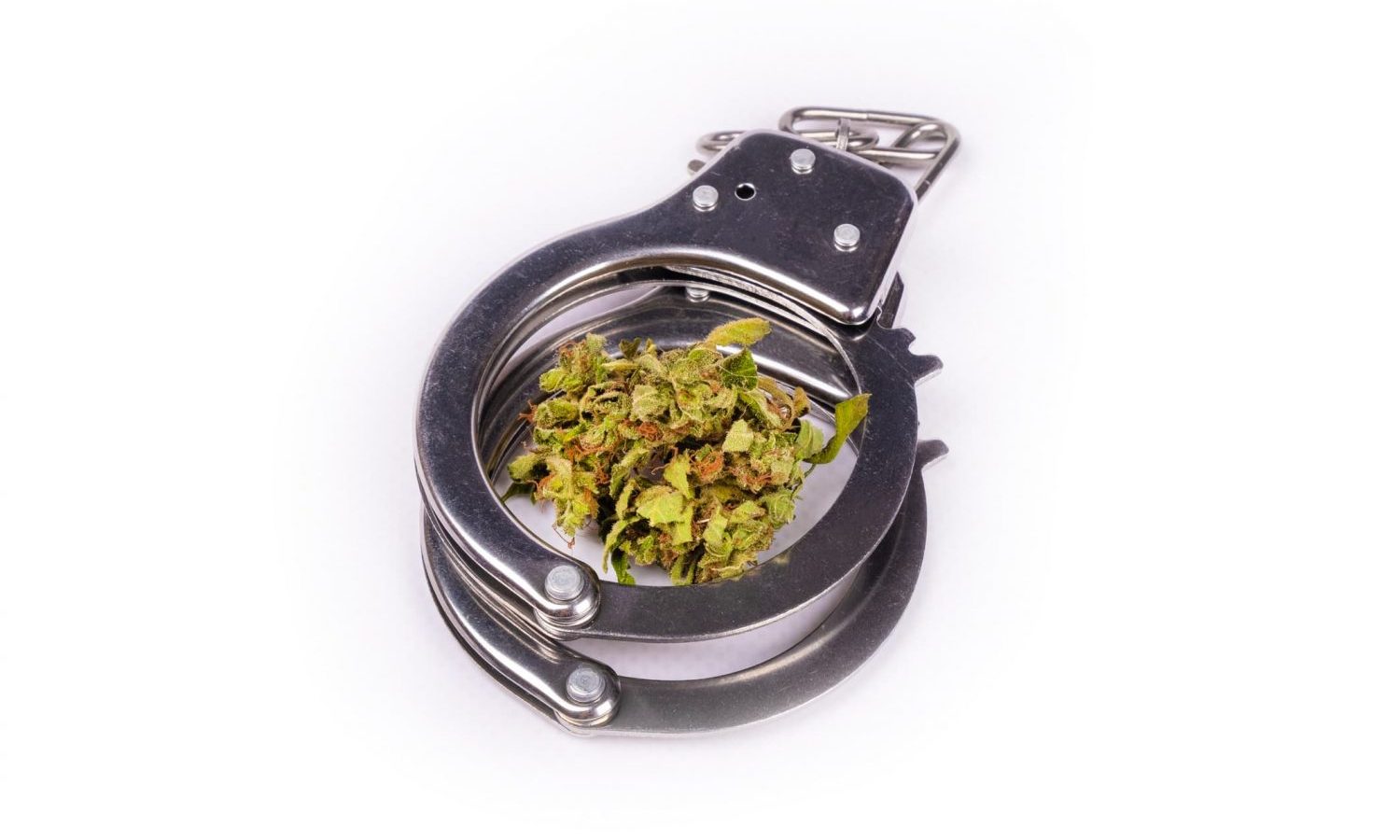Decreasing marijuana arrests across the country while also trying to learn more about marijuana is a common-sense approach to bringing it further into the mainstream.
Marijuana had a great year in 2020. Not only was the cannabis industry deemed “essential” during the lockdown phase of the pandemic, but five more states legalized it for medicinal and recreational purposes. Even the United Nations moved to reclassify cannabis as a less dangerous drug, while Congress tried to legalize it.
However, instead of getting more progressive, some states got busy ramping up law enforcement efforts to take down pot offenders with a vengeance. So even though there’s greater acceptance for the herb, there is still plenty of resistance.
Cannabis advocates are hoping that the incoming Biden Administration will help bring the nation together on this issue. During his campaign, the president-elect revealed a plan to tackle pot reform in the United States. Part of it is to legalize medical marijuana while also eliminating the criminal penalties that keep getting small-time offenders jammed up in the criminal justice system.
All in all, the sentiment behind Biden’s scheme is more than we’ve ever seen from any other president. It would expand research and perhaps provide a more straightforward path toward medical cannabis while setting an example for how states should be policing pot-related crimes.
However, some argue that Biden’s plan doesn’t go far enough. Without full-blown legalization, they say, the nation will not be able to reap the maximum benefits of hundreds of thousands of jobs and billions in tax revenue. Still, like it or not, Biden’s approach, while not the most gung-ho approach to cannabis reform, might not be the worst idea. Not in the long term.
It would open the books on cannabis and help science reveal the truth about its therapeutic properties and risks instead of allowing the public to continue wallowing in the anecdotal. Most importantly, researchers could finally get to the bottom of claims like “cannabis cures” this and that disease. If it turns out that it actually does have super healing powers, we’ll have a better understanding.
RELATED: Most US Drug Arrests Involve A Gram Or Less
Biden’s proposal would also help health officials present what is real about the potential dangers associated with cannabis consumption. We could finally get to the bottom of the mental health implications and even learn more about how cannabis consumption affects the body — for better or worse.

Meanwhile, Biden’s plan would eliminate the criminal penalties for some pot offenses at the federal level. Unfortunately, any such policy would not force states to follow suit. But it would perhaps incentivize them to take similar action. And that would be a good thing. Right now, the country is still locking up more than 600,000 marijuana offenders every year. And a large majority of those people would continue to be arrested under Biden’s nationwide decriminalization proposal.
RELATED: We Need To Educate Children And Adults About ‘Drug Education’
Why’s that? Because most arrests for marijuana in this country are for minor possession, and they are prosecuted at the state level. Biden’s plan would only affect marijuana crimes under federal statutes.
Decreasing marijuana arrests across the country while also trying to learn more about marijuana is a common-sense approach to bringing it further into the mainstream. The only real problem with it is that it wasn’t put into place earlier by a previous administration. After all, we’ve learned a lot about the economics of legalization through the state-level markets, but we still need more knowledge about this plant as a whole.
RELATED: You Might As Well Spend That $600 Stimulus Check On Weed
The United States has waited this long without a fully legal market. Perhaps taking some extra time to establish the pros and cons from a scientific standpoint is a better move than just pushing ahead with nationwide legalization.
Some would argue that we need to go all the way if we want to salvage the economic fallout brought about by COVID. But legalization itself doesn’t have the reach to single-handedly save the nation. It’s better to see how this crop can complement the country rather than continue to overpromise and underdeliver.


